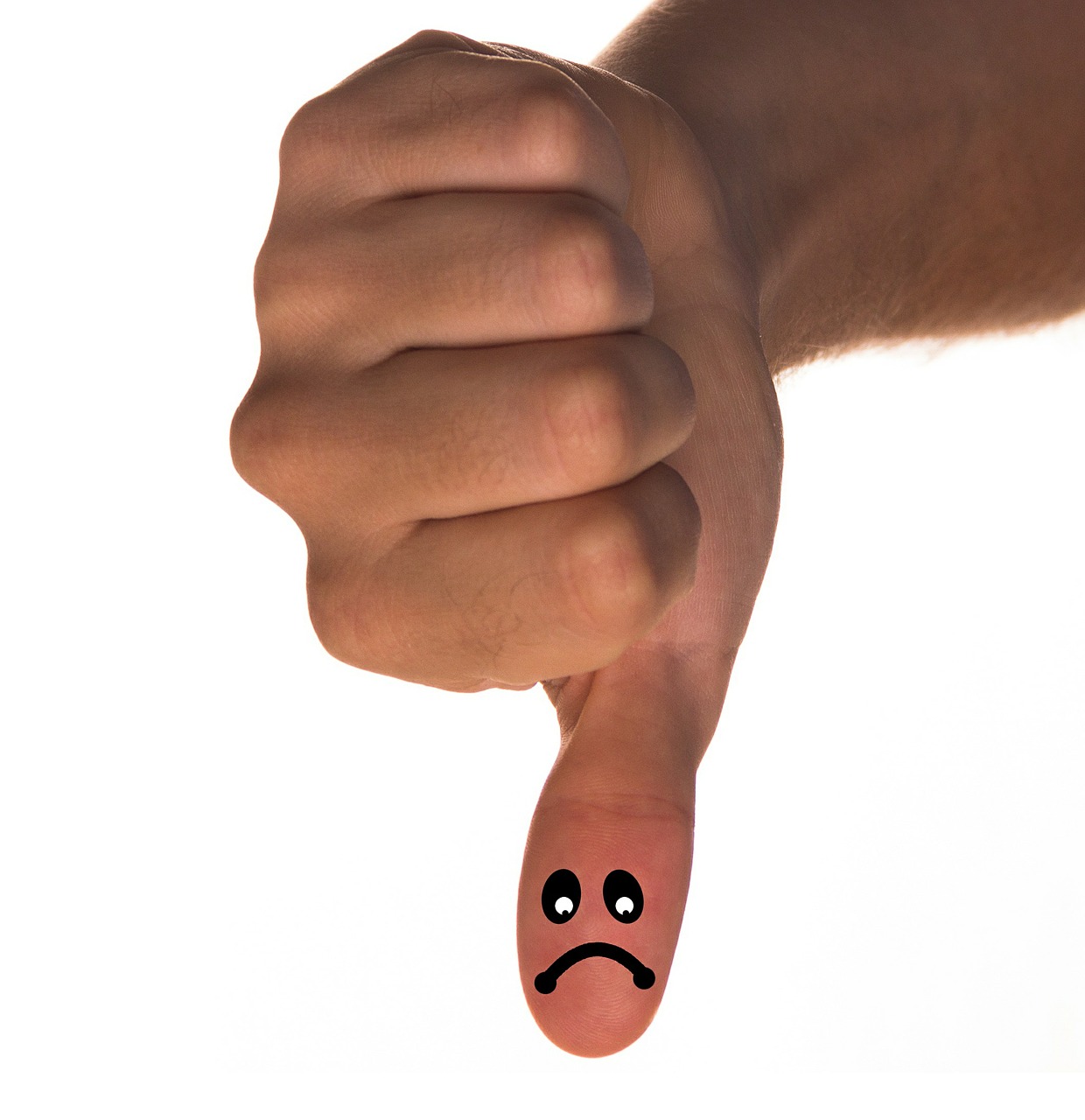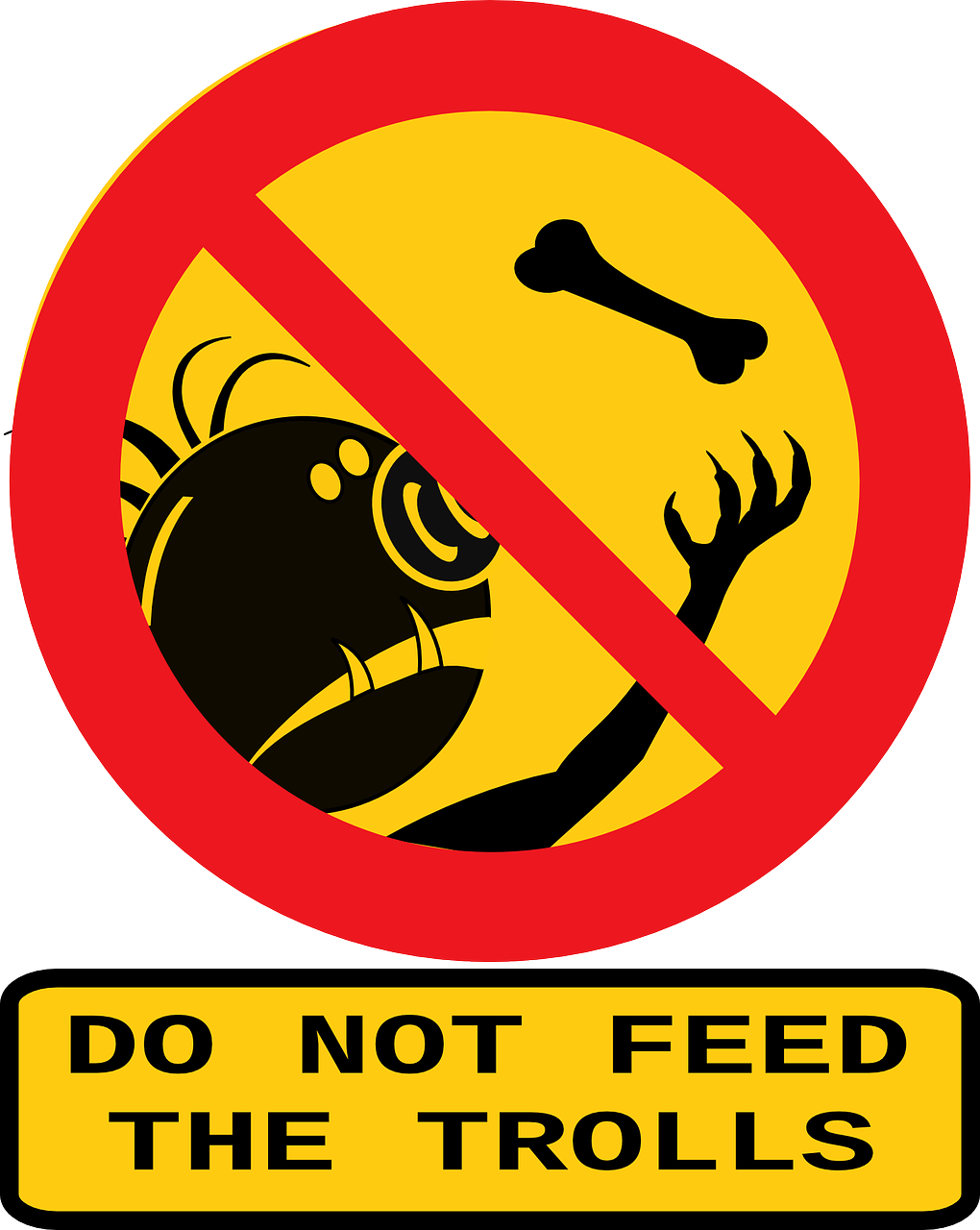 Not every book gets a starred review from Kirkus. Whether it’s a review from a literary critic or the crank on Amazon, negative reviews hurt. They hurt a lot more than you’d think and in ways you can’t always imagine. But how do you react to the pain inflicted from a negative assessment of your book? What do you do with your feelings?
Not every book gets a starred review from Kirkus. Whether it’s a review from a literary critic or the crank on Amazon, negative reviews hurt. They hurt a lot more than you’d think and in ways you can’t always imagine. But how do you react to the pain inflicted from a negative assessment of your book? What do you do with your feelings?
It’s increasingly important for an author to respond professionally. The stakes are greater than ego; bad reviews can hurt sales and reputations.
There are three rules regarding negative reviews/feedback.
 Rule number one: do not respond.
Rule number one: do not respond.
Rule number two: even when the reviewer completely misunderstood or misrepresents your book—do not respond.
Rule number three: especially when you feel a response is justified, and your case is the exception to this rule—do not respond. Seek outside professional colleagues for advice and support. Let them respond.
Emotion is energy. Your emotional response requires you to do something with that energy. Just make sure it is something productive. It does not have to be positive, but it does have to be productive.
Here are some suggestions:
(1) Write a journal entry. You are a writer, remember? Write through your feelings. You might be surprised to find that at the end of the entry you feel a little better.
(2) Call a trusted writer friend. You aren’t the only one who has been hit this way. You are part of a writing community. It is okay to call on someone from your community to help you out. There is one caveat: limit this part of the conversation to 5-10 minutes max. Then make a point to switch the conversation to the other person, how their writing is, how’s the family?
 (3) Write, write, write. Work on your next project. Sometimes you need to be like a shark to survive: always swimming, always moving forward. This is essentially the law of incompatible behaviors. If you are writing/working on your next project it is impossible for you to be googling yourself, dwelling on bad reviews, or engaging with trolls and catfish.
(3) Write, write, write. Work on your next project. Sometimes you need to be like a shark to survive: always swimming, always moving forward. This is essentially the law of incompatible behaviors. If you are writing/working on your next project it is impossible for you to be googling yourself, dwelling on bad reviews, or engaging with trolls and catfish.
On Amazon, you will get bad reviews written by people who clearly didn’t buy the book or read it. Ignore them. Let the one bad review speak for itself. The good reviews will bury it in less than a week. If it especially nasty, or violates the review policy of Amazon, ask a friend to report the review as abuse or click no to the question of whether the review was helpful.
Reframe one negative review into a larger positive context. Appreciate the readers who have rated or reviewed your book. They have spent time reading it, and spent even more time thinking and writing about it.
If you are pretty sure the negative review has no merit whatsoever, then put your energy into something positive like leading a literacy project or installing a Little Free Library and tweet about it. Write a blurb or a review for another author in your genre and post it to your Facebook page. Keep the  attention, change the tone.
attention, change the tone.
And while it is easy to dismiss negative feedback, you may want to listen to what the reviewer said once your emotions have settled. Were any of the criticisms in the review valid? Dissect the review for anything useful. If you were criticized for flat spots or thinly drawn characters, remember to pay attention to those issues in your writing and for the next book.
Remember to leave trolls and catfish alone. If you dance with the devil, the devil doesn’t change—you do.
Don’t take the bait and don’t feed the trolls.

Yow, a writer really needs to have a lead tank for a stomach, to survive. I mean, rejections from agents, passes from publishers, the sharp scrutiny of editors, …kinda makes you wanna crawl up in your security blanket and never leave bed. It makes it easier to work on that manuscript for years without querying. Yeesh!
I’ve heard of two writers who regularly responded to negative reviews: Colleen McCullough and Barbara W. Tuchman. Maybe writers as successful as they are can get away with it. I wouldn’t even want to try; it can only make things worse.
When you’re Colleen McCullough and Barbara W. Tuchman, you can respond and here’s how. Thank the reviewer for taking the time to purchase and read your book. You appreciate their passion for the subject matter and knowledge about details, facts, and sources. Then you can either cop to an error (if you have honestly made a mistake) with a plan for a noted correction, or you can beg to differ with evidence and substantiation. Your response should not be an attack, no matter how much one is deserved. Be flattered someone had such a strong emotional reaction to your work and felt compelled to respond. Acknowledge even if you do not affirm their perspective. A thoughtful, rather than heart-felt, response is more professional.